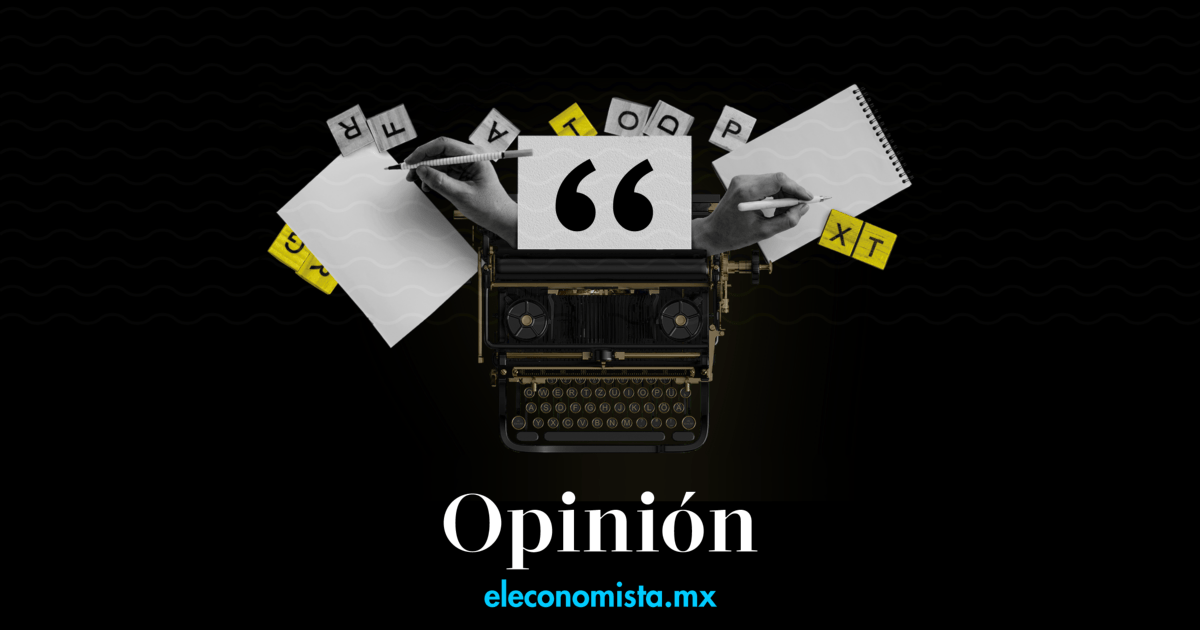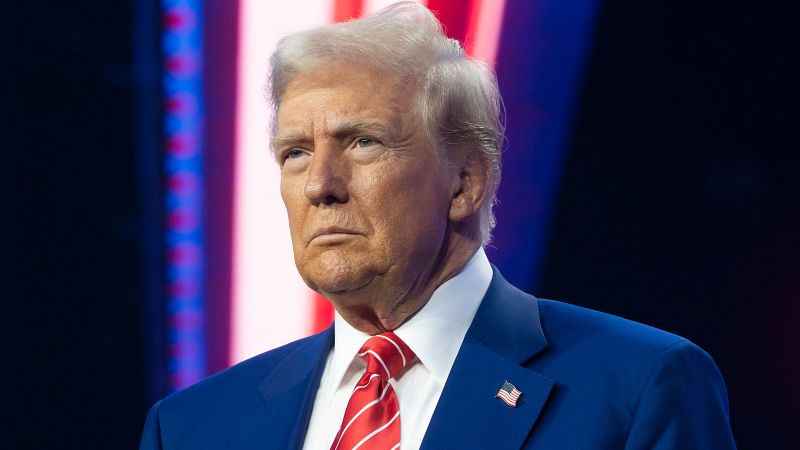The last weeks of 2022 seem to be committed to a continuous dialogue on the feasibility and need to assign additional radio spectrum for the offer of IMT services. A cacophony of allegations is heard throughout the region about the need that any allocation of this input should give priority to the economic and social development of the country instead of having a purely revenue-raising purpose.
Likewise, there are those who identify 5G as the service that should have priority in any process that arises in the region. The justification is that, being a digital golden fleece, this technology has the virtue of eliminating market failures, promoting connectivity immediately and thus accelerating digital transformation.
Obviously, given these undeniable qualities, markets such as Argentina, Colombia, Costa Rica or Mexico, among others, want to promote processes that lead to an aggressive deployment of 5G that brings the service to the largest number of users in the shortest possible time.
However, we live in a world where myths collapse in the face of reality. Each of the previous markets, even if they have the same goal as their objective, is forced to take a different path that has been demarcated by past decisions. Not everyone starts from the same starting point. In addition, it is imperative that macroeconomic, demographic, and established infrastructure conditions are being considered.
For example, the same result will not be obtained in 2023 that was obtained in 2014 in Argentina when this country carried out an auction of radio spectrum with the aim of promoting 4G and raising funds for the national government. Back then, operators faced high levels of congestion in urban areas of the country as they had not received additional spectrum since the last century.
Now the situation is different, the congestion levels of 2014 are not present. What is new is the existence of a decree, known as DNU 690, which kills any incentive that a telecommunications operator may have to invest in the country. This is due to its poor writing, which on the one hand imposes price controls in a country with three-digit inflation levels and on the other speaks of assuring operators a reasonable profit that seems trapped in discretion since it is not defined what this means. finished.
Considering the high amounts of investment that a 5G network requires, very few entities would be willing to participate in this process unless the issue of price increases, the issue of imports of inputs such as telephones and infrastructure, and the conditions of the auction are made more flexible. can offer stakeholders a positive return on investment within a reasonable period of time.
If we move to Mexico, the situation takes a very strong turn. While in Argentina there are three national and several regional operators interested in obtaining radio spectrum to offer mobile services, in Mexico we only see two of the three cellular network operators as candidates to participate in any radio spectrum auction. In the days when, driven by finances, the Mexican treasury had almost insured hundreds of millions of dollars from a process where at least three participants bid for the same blocks, currently not even the minimum price imposed by the government generates the same interest. How is this situation resolved? Would a reduction in the price paid for spectrum by mobile operators be enough? What other measures should be considered to integrate new technologies into a national digital agenda? What incentives will be offered to citizens so that they can have access to low-cost cell phones that can connect to the new technology? What initiatives is the government implementing to ensure that applications and products that work with 5G are produced in the country?
The situation in Colombia acquires a greater complexity considering that the country’s cellular operators are still meeting the coverage requirements for 4G that they acquired with the frequencies that were auctioned in 2019. Then they have to face a license renewal issue that seems destined. to become politicized in factions that demand a purely collection approach, although the 1978 of 2019 law says otherwise, and those that seek an approach focused on development. This is the scenario in which an auction process for 5G is proposed, where deploying a wide coverage in the short term does not seem advisable in a country characterized by the high elasticity of its citizens, a currency that has depreciated considerably in the last twelve months and a market environment where cell phone replacement takes longer and longer.
Costa Rica gives us a market where the call to launch 5G seems to have become a political promise after the inaction of the previous government on this issue. Here, a business sector that looks favorably on the deployment of technology to be able to satisfy technical requirements that its clients in other markets impose on it, together with the promises of better services for consumers, make 5G a subject for political maneuver that few are willing. to fight in a market where the government is one of the main providers of telecommunications services. How to reach a compromise that is not seen as an act of detriment to the historic state operator?
As can be seen, there is great complexity regarding not simply the 5G issue but also the allocation of radio spectrum through a process that creates the necessary incentives to attract companies to make investment commitments. Obviously, the dialogue and exchange of ideas and information between the different actors in the telecommunications ecosystem is extremely important.
5G is not a panacea, it is not the Golden Fleece, and it will not automatically deliver all of the listed benefits of the technology every time an expert talks about it. 5G is a platform, a tool. Spectrum allocation can drive the deployment of infrastructure so that the population can have the possibility of accessing this technology. However, all the things that can be done with 5G, all the implementations, all the benefits of full digitalization will come from those who connect to the technology. Of the business plans of companies, of the ideas of new entrepreneurs, of innovation initiatives of governments. The operators are facilitators of these services, but they are not necessarily the ones who will magically make them appear in the region as part of their new 5G networks.
You need to set realistic expectations. Those processes that respond to political needs instead of making an execution plan based on the needs of the local telecommunications sector have a very high chance of not achieving their objectives.
hartford car insurance shop car insurance best car insurance quotes best online car insurance get auto insurance quotes auto insurance quotes most affordable car insurance car insurance providers car insurance best deals best insurance quotes get car insurance online best comprehensive car insurance best cheap auto insurance auto policy switching car insurance car insurance quotes auto insurance best affordable car insurance online auto insurance quotes az auto insurance commercial auto insurance instant car insurance buy car insurance online best auto insurance companies best car insurance policy best auto insurance vehicle insurance quotes aaa insurance quote auto and home insurance quotes car insurance search best and cheapest car insurance best price car insurance best vehicle insurance aaa car insurance quote find cheap car insurance new car insurance quote auto insurance companies get car insurance quotes best cheap car insurance car insurance policy online new car insurance policy get car insurance car insurance company best cheap insurance car insurance online quote car insurance finder comprehensive insurance quote car insurance quotes near me get insurance








